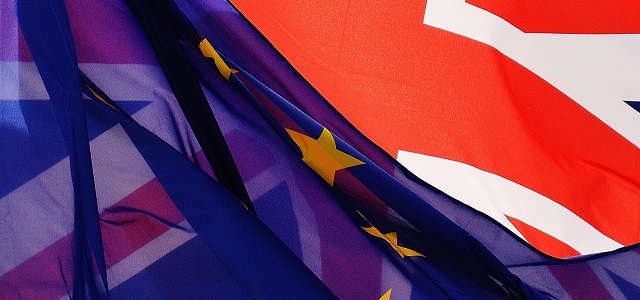Sound and Fury: PR in the EU Debate
 Millions of UK voters will now be breathing a sigh of relief; not because Remain or Leave has won the EU referendum, but because the long, tiresome and frankly tawdry campaign has finally come to an end.
Millions of UK voters will now be breathing a sigh of relief; not because Remain or Leave has won the EU referendum, but because the long, tiresome and frankly tawdry campaign has finally come to an end.
The national debate which led up to the most significant vote the British public has faced in generations soon turned into one of the ugliest, most personal and most unedifying spin and counter-spin campaigns of recent times. The only thing that can be said with certainty at the end of the campaign is that the average voter’s view of the average UK politician has just reached a new low.
From a PR point of view it’s hard to find anyone who’s come out of the campaign with any credit or an enhanced reputation. David Cameron staked his career on an unnecessary referendum whose prime objective was to finally heal the rift in the Conservative Party, or at least silence the Eurosceptics; that has backfired spectacularly as the Tories have laid into each other with increasing venom. The man who would be the next leader of the Conservatives took an age to decide whether he was for or against EU membership, so when he finally laid his cards on the table his decision looked more like political expediency than statesmanship or conviction. Jeremy Corbyn is a natural Eurosceptic and has found it difficult to project himself comfortably alongside politicians such as Cameron, George Osborne and Theresa May, who are his natural enemies. And Nigel Farage – well, he’s almost become a parody of himself, fulminating more and more wildly about foreigners and immigrants and allowing himself to be photographed in front of a poster which many observers rightly compared to the worst kind of Nazi propaganda.
When the country was crying out for a statesman, the only people who stood up were politicians whom many find it hard to believe and trust.
That’s why the endorsement of celebrities – such a mainstay of the PR industry – should have been a trump card, especially for the Remain campaign who managed to win the support of big hitters including Professor Stephen Hawking, David Beckham, Richard Branson and J K Rowling. Brexit’s supporters were rather less A-list – Katie Hopkins, Sol Campbell and Julian Fellowes, for example – but that doesn’t seem to have done their campaign much harm.
There has been an inevitable string of PR fails along the way. The car maker Nissan has issued legal proceedings against Vote Leave after accusing the campaign of using its name and logo without permission; a Tory MP was criticised for continuing to campaign days after the murder of Jo Cox MP; and campaigners on both sides have been accused of the worst kind of lies and spin.
Once the dust has settled it will be hard to disagree with the former Governor of the Bank of England, Mervyn King, who this week described the debate as “a public relations campaign which insults the intelligence of the voters by making wildly exaggerated statements”. The most disappointing aspect after months of debates, interviews and media coverage is the huge number of voters who say they feel they haven’t been given enough facts on which to make an informed decision.
Sadly, to paraphrase Shakespeare, the EU referendum campaign has been a tale told by an idiot, full of sound and fury, signifying nothing. We really need to find a way to raise the tone of political debate in the country in the future.
JA.









